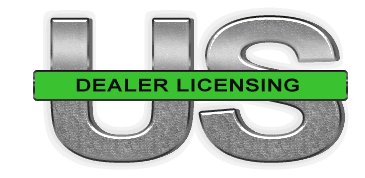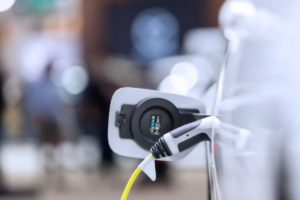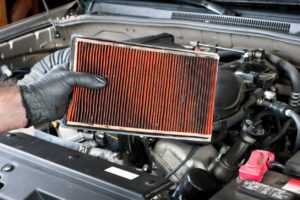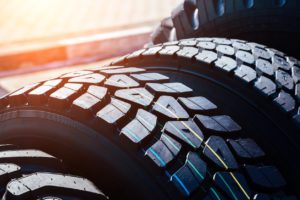If you’re a wholesale auto dealer, you’ll likely notice patterns when it comes to the type of cars dealerships are looking for. Especially now, when the demand for fuel-efficient cars is at an all-time high!
So give the dealers what they’re seeking by selling them fuel-efficient vehicles!
Here are tips from US Dealer Licensing to help you find the perfect fuel-efficient vehicles to sell.
MPG
We measure a vehicle’s fuel efficiency by its MPG, or miles per gallon. This measures how many miles a vehicle can travel on one gallon of gas. A higher MPG means that a vehicle can travel further on the same amount of fuel, and is, therefore, more fuel efficient.
Most vehicles have an MPG range of 20-30. However, this number can vary depending on the type of engine in the car; for example, small engines are able to achieve more MPGs because they only use smaller amounts of fuel, in smaller, lighter vehicles.
Horsepower
A vehicle’s horsepower rating is one of the biggest factors in its fuel efficiency. The higher the horsepower, the more fuel the car will consume. However, there are other factors that affect a car’s fuel efficiency as well, such as weight and aerodynamics.
Lighter cars require less power to move them, while lower drag coefficient vehicles require less power to push air out of their way while they move. All these factors make a big difference in how much gas your car uses.
Air filters
Believe it or not, something as simple as a clean air filter can have a big impact on your car’s fuel efficiency. A dirty air filter restricts airflow to the engine, which can cause it to work harder and use more fuel. Check the owner’s manual to see how often the car’s air filter should be replaced and make sure to do it when needed.
Passenger weight limits
The heavier your car is, the more fuel it will use. So, unless you’re regularly hauling around a lot of people or cargo, try to keep your car’s weight down by removing unnecessary items.
Performance tires
Tires play a big role in how fuel efficient your vehicle is. The right performance tires can help reduce rolling resistance, which can lead to better fuel economy. In addition, properly inflated tires can also help improve gas mileage. Be sure to check the owner’s manual to see what PSI (pounds per square inch) rating is best for the car before you sell it.
Don’t forget to replace old, worn-out tires with new ones as well!
Maintenance schedule
To get the most out of your vehicle’s fuel efficiency, it is important to keep up with a regular maintenance schedule. This means changing the oil, checking the air filter, and keeping the tires inflated to the proper pressure. You should also avoid excessive idling, which can waste gas and harm your engine. By following these simple tips, you can get more for your vehicle when you bring it to the dealership.
Mileage driving tips
When it comes to fuel efficiency, there are a few key things to keep in mind. First, avoid sudden starts and stops. This means accelerating and braking gradually whenever possible. Second, keep your car tuned up. A well-tuned engine will run more efficiently and use less gas. Third, make sure your tires are properly inflated. This can help reduce drag on the road and improve your gas mileage. Fourth, use cruise control whenever possible to help manage your speeds.
It’s Time for the Dealership
Now that you have a fuel-efficient vehicle ready to sell, it’s time to hit up the dealership—all you need is a wholesale dealer license!
If you need a dealer license, contact US Dealer Licensing. With over 35 years of experience in the auto industry, US Dealer can help you file the paperwork and get started trading. Call (888) 344-5570 for help!



